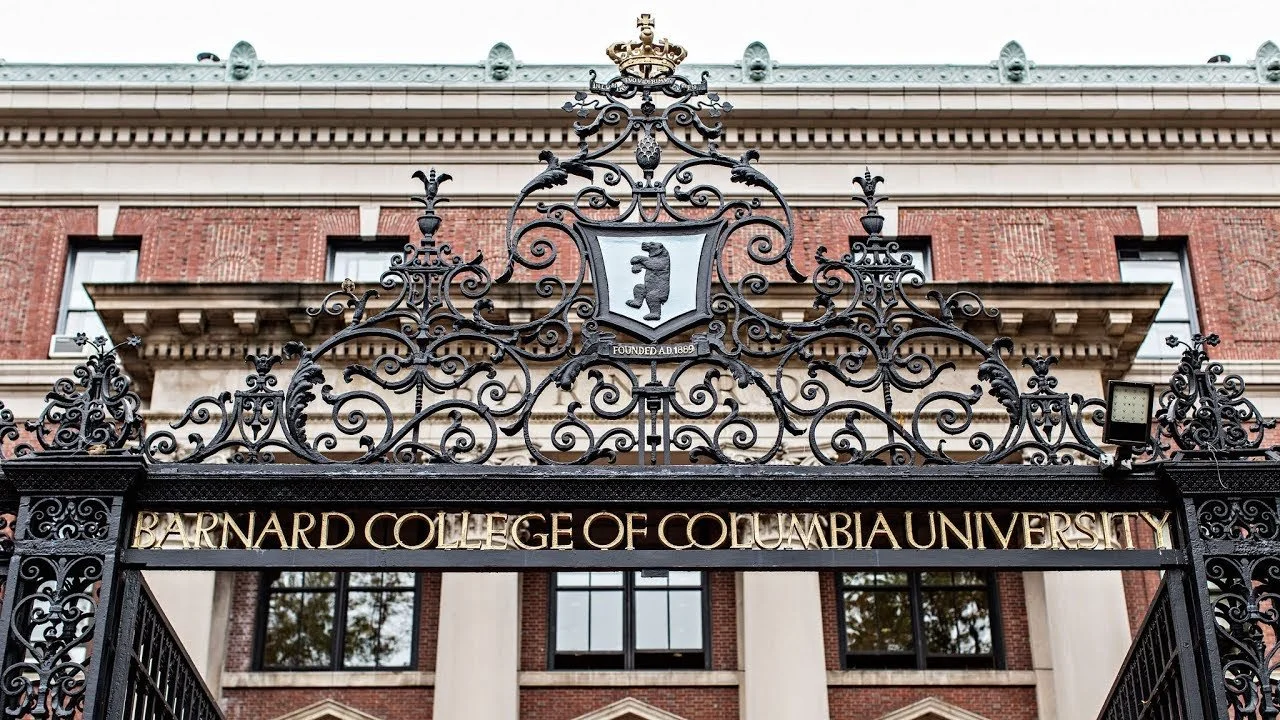A Force for Good: Why Some Funders are Bullish on Public Interest Technology
/Technology was supposed to make the world a better place. In many ways it most certainly has. But not everyone is sold. As Peter Thiel once said, “We wanted flying cars, instead we got 140 characters.” Thiel made that comment before the 2016 election underscored the dangers of social media. And he made it before self-driving cars were on the near horizon—along with studies showing how many jobs they might wipe out.
Warnings about the current or potential risks posed by technology have been growing louder and more urgent. But an initiative launched last month imagines a more hopeful future, investing in the nascent field of public interest technology to address humanity’s most pressing challenges.
The Ford and Hewlett foundations, along with New America, recently announced the creation of the Public Interest Technology University Network. Bringing together 21 colleges and universities, the network seeks to build the field of public interest technology and cultivate a “new generation of civic-minded technologists and digitally fluent policy leaders.”
New America has long been interested in technology issues, an area that many of its think tank peers in Washington, D.C., have tended to avoid. Now, with backing from two top foundations, the policy organization is expanding this work in a new direction. New America’s CEO, Anne-Marie Slaughter, said that the campus network “aims to build the field of public interest technology, much in the same way that the country created the field of public interest law a generation ago… we need as many technologists as lawyers and economists working in the public interest.”
Technology as an “Essential Element”
New America defines public interest technology as a field “dedicated to leveraging technology to support public interest organizations and the people they serve.”
Universities offer ideal venues to develop this nascent field. Ford’s press release provides two illustrative examples. First, law students at Georgetown University partnered with engineers from the Massachusetts Institute of Technology to write privacy laws that reflect the “unique powers and perils of internet access.” Second, Harvard University created an embedded ethics program through which ethicists are incorporated into computer science classes, inspiring students to consider core questions of ethics and social impact.
Ford has undertaken new work on technology and society over the past few years, as part of the foundation’s mission of reducing inequality. Along with other grantmakers like Knight, MacArthur, and Open Society, Ford has been a major supporter of nonprofits pushing for net neutrality. “We believe that the internet is a new public good that all of society relies on, and that we cannot create a just and equitable society without this vital platform being just and equitable, too,” Ford program officer Michael Brennan has written.
Ford grants have also backed work in a range of other technology areas, including open-source technology, which it’s worked on in partnership with the Sloan Foundation. Earlier this year, Ford and Sloan announced their latest round of grants focused on the “sustainability, maintainability and security of open-source digital infrastructure.”
Ford has had its eye on the goal of developing a “new generation of public interest technologists” since at least 2015, when it made a $3,390,000 grant to the Mozilla Foundation to create the Ford-Mozilla Open Web Fellows program, which aims to build a pipeline of talent in this area. Ford renewed that support last year with a $1.5 million grant. Ford has also supported New America’s work in the tech space over the past few years, providing substantial core support to its Open Technology Institute and its Public Interest Technology program.
“We believe an essential element of advancing social justice is ensuring technology is a force for public good,” said Darren Walker, Ford’s president, explaining the foundation’s backing of the new campus network. “We’re thrilled to partner with these colleges and universities to build a new field of public interest technology and cultivate a generation of tech leaders equipped to use technology to challenge inequality in all its forms and expand inclusion and opportunity.”
Ford has a long track record of developing new cadres of experts and leaders in emerging issue areas—for example, through its early backing of civil rights legal organizations or its funding of women’s studies.
Hewlett, and its president Larry Kramer, are also big believers in field-building as an essential step in creating the new knowledge and leadership to solve society’s toughest problems. In fact, Hewlett is engaged in just such an ambitious effort right now through its major investments in cybersecurity research. That challenge, along with other issues that preoccupy the foundation—like climate change and reducing political polarization—intersects in different ways with issues of public interest technology.
A Cross-Disciplinary Vision
The launch of the Public Interest Technology University Network aligns with one of the hottest trends in higher ed fundraising—an influx of gifts to college campuses for STEM fields, and more specifically, donors’ interest in promoting a wider application of the STEM skill set.
Charter members of the new network—including Arizona State University, Carnegie Mellon, Columbia, Georgetown, Stanford and the City University of New York—have committed to supporting a “cross-disciplinary curriculum in service of the public good,” developing experiential learning opportunities at the intersection of technology and public interest, and identifying new ways to encourage graduates to pursue careers in the field.
For example, the University of California, Berkeley, expanded its course offerings to build out a division of data science that includes training in ethics and philosophy. The college also provided approximately 100 fellowships to connect graduate students and postdoctoral scholars with local organizations and city partners, and created the world’s first public cybersecurity clinic, working with nonprofits to conduct threat assessments and risk analysis.
The stakeholders behind the new network ultimately envision a future when the “next generation of computer scientists, information architects, engineers, data scientists, designers, lawyers, policy experts and social scientists” develop new technologies and new approaches to “designing and implementing public policy that better serves the public.”
Perhaps not coincidentally, this initiative is emerging at a moment when employees at companies like Google and Microsoft are objecting more loudly to using their talents to create products or services that may harm humanity—such as new technologies for warfare and surveillance. Such protests have drawn considerable attention, offering a hint of the impact that could come from a more systematic push to instill an ethical outlook in techies starting when they’re still in college.
The idea that the liberal arts and humanities can develop better computer scientists and engineers is strongly embraced across the higher ed donor community. The stakeholders behind the Public Interest Technology University Network, however, take this idea a step further. Rather than make the Faustian bargain of working for a start-up or Wall Street firm, well-rounded computer science graduates can instead land at public interest organizations, many of which could use an infusion of innovative thinking.







































